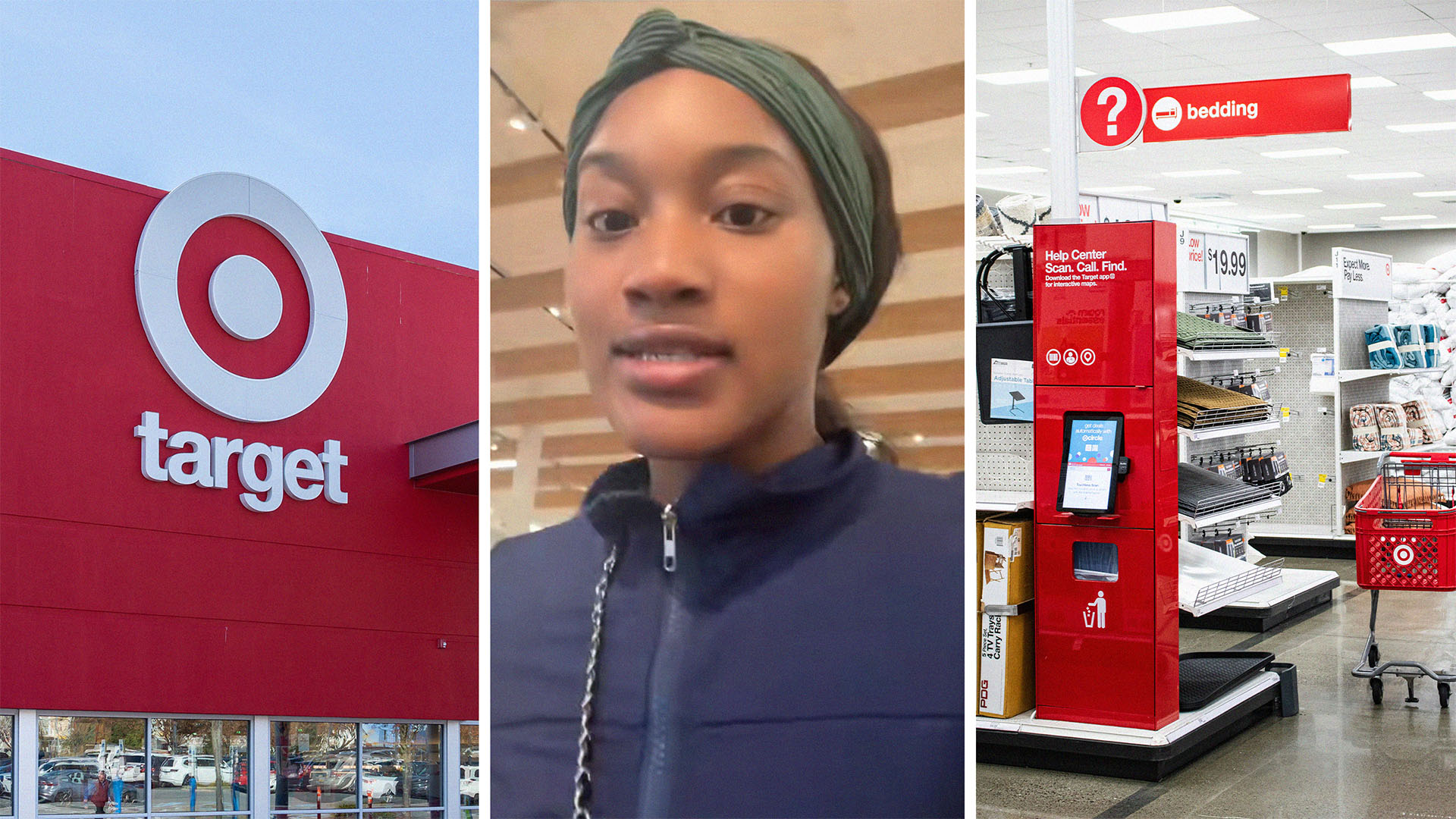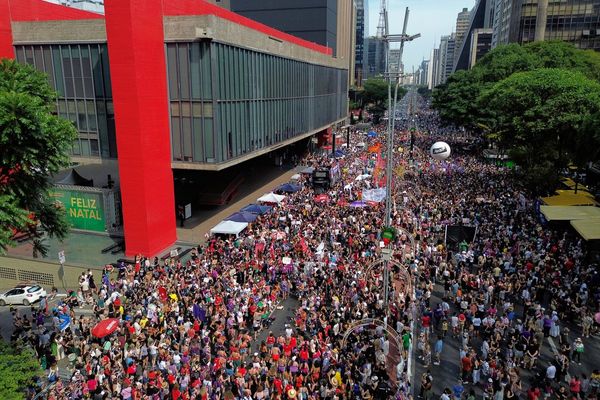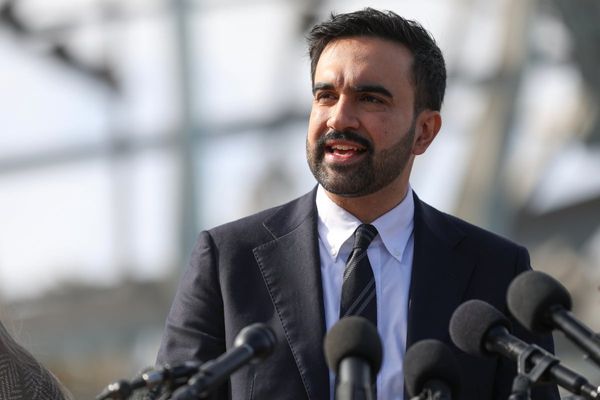
A woman noticed a secret shopper next to her while at Target. Then, she was approached by an employee and asked to check out her items despite walking around the store like any other customer.
In a video with 65,000 views, TikTok user @myjaabaandz pointed out that a secret shopper was following her around Target and acting “weird.”
“I can tell when somebody is watching me and acting weird,” she said. “We know who y’all are.”
What is secret shopping?
A secret shopper is someone employed to test service in shops and businesses. They do so by pretending to be a normal customer, according to the Cambridge Dictionary. Secret shoppers are often hired by businesses to evaluate employee performance and customer experience. The marketing practice started in the 1940s as a strategy to gather service metrics.
As The Mystery Shopper’s Manual puts it: “Mystery shopping plays a vital role in understanding the customer experience better. It allows companies to see what they’re doing right and what needs work.”
Secret shopping and racism
Secret shopping can be linked to racial profiling in certain circumstances, as some stores use secret shoppers—also known as loss prevention employees—to monitor customers for theft. Although the original intent was to evaluate customer service, some stores have used it as a tool to judge customers’ mannerisms, appearance, and perceived behavior, revealing existing biases.
In her video, @myjaabaandz pointed out that secret shoppers were following her as though she was going to steal. “You can’t even shop in peace now. [They’re] always thinking you’re gonna [expletive] steal,” she says.
A 2017 study interviewed 55 Black consumers in New York City. At least 80 percent recalled experiencing some form of racialized treatment. The study noted, “Retail settings are often sites where anti-Black bias is made evident, requiring Black shoppers to navigate racial hierarchies while procuring goods.”
While secret shoppers can follow any customer, research has found a pattern. A 2021 survey found that 90 percent of Black customers reported experiencing racial profiling. The phenomenon is often called shopping while Black, which describes incidents where Black customers face heightened suspicion, harassment, or surveillance while shopping.
Ethnographic studies cited by The Guardian found that people from other racial groups routinely received preferential treatment compared with Black customers.
Another TikToker, Keedy (@paykeedy), addressed the issue in a 2024 video, saying, “You cannot just browse as a Black person. You have to go in the store to intentionally purchase something every time, and that’s so exhausting.”
@myjaabaandz #target #secretshopper #fyp ♬ original sound – leonaunique
The Mary Sue has reached out to @myjaabaandz and Target for comment.
Have a tip we should know? [email protected]







